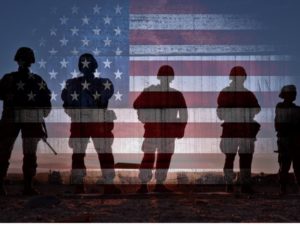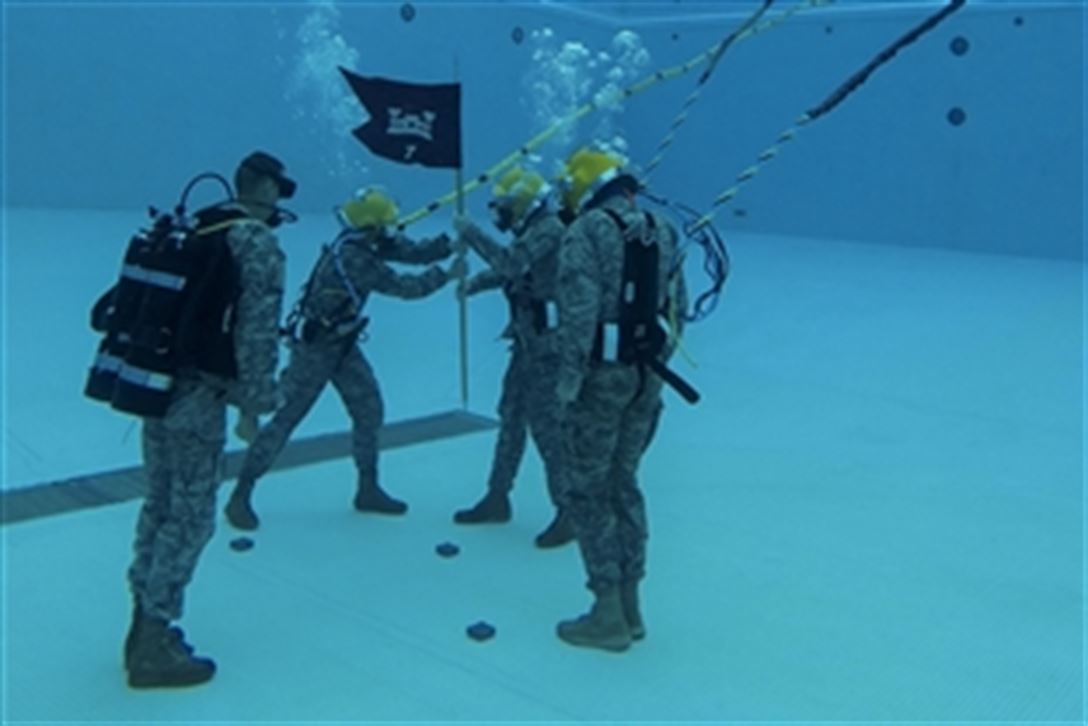
Maybe you already know this. Maybe you’re already working towards making this happen.
Then again, maybe you’re not.
I had three sets of grandparents. What can I say, benefits of the modern blended family. All three of my grandmothers were sweet and loving, my grandfathers caring in their own unique and different ways. Two of them served in the military during World War II.
I was having a conversation with one of them…this was after I joined the Army, mind you, so I was in my twenties…and he was telling me of a time when he and a bunch of his buddies were messing around in France changing around the signs that pointed to different villages…I said, “wait…What? You were in France during WWII?” He smiled, said he didn’t talk about it much, focused on the funny stuff rather than anything else.
We are often reminded of the impact of the World War II generation on America. In 1998, Tom Brokaw wrote, “The Greatest Generation,” a book about how those veterans returned to a country and did stuff. They made things happen. They became lawmakers, celebrities, lawyers, entrepreneurs. They also, like my grandfathers, became tailors and mechanics. They built lives around the things that they loved, and, in doing so, changed the world.
The world, our nation, was of course different then, seventy-five years ago. When the service members left to fight the war, it impacted nearly every aspect of the country. The service that was being provided overseas was equaled by the service that was provided here; factories, industry was kept going by the labor of the hands of the mothers, wives, and daughters of those service members.
Things are, of course, different now. One of the possible reasons that the WWII generation had such an impact was that it was impossible not to: according to the Department of Veterans Affairs, over 16 million veterans served in WWII. That is compared to 1.7 million theater deployed service members to the Korean war, 3.4 million deployed to Southeast Asia, and just under 700,000 deployed to Desert Shield/Desert Storm.
According to the same source, there are 4.3 million veterans of the Global War on Terror. We number just over a quarter of the veterans that served in World War II, but GWOT veterans comprise the largest number of combat veterans in seventy-five years.
We have to make that count for something.
Yes, our world is changed. The veteran is increasingly isolated, returning to civilian life surrounded by a community that is likely unaware that there is still a war going on. As a country, we don’t have the sense of a common bond forged by overcoming a common hardship. Our numbers our less than our generational ancestors, but we have an advantage that they didn’t have. Because of their sacrifice and hard work, because of their effort, we now have the technology and the opportunities that we have to make significant changes.
I firmly believe that we have the opportunity, even the responsibility, to become the next Greatest Generation.
“No one gives a crap about veterans unless it’s Memorial Day or Veteran’s Day.” Any time I hear of an absolute, I question the intent behind the statement…no one? Really? Not true. Maybe it’s based on our own personal experiences, but let’s say that there are a large number of people in this country that may not be as familiar with, or don’t care about, veterans. Okay. But when I was in the Army, I didn’t ask for anyone else to take care of the Soldiers I was responsible for; I did it. If another Platoon Sergeant came to me and said, “hey, I took care of one of your guys who needed help,” I would have been pissed. So look at it now the same way. So what if someone else doesn’t care about veterans. VETERANS care about veterans, so we’ll take care of our own. And that starts with taking care of ourselves.
So current era veterans, along with our veteran brothers and sisters from Vietnam, the Cold War, and the Gulf War, have the ability to make some significant impacts. We are branching out into the Tech field. Veterans are in significant positions at Amazon, LinkedIn, Microsoft, Google, name the company, find a vet. We are becoming teachers; at my kid’s school, a charter school system governed by a 501(c)3 nonproft, teachers are veterans. Administrators are veterans, or spouses of veterans. Over half of the members of the Board of Directors are veterans…I know, because I’m one of them. Veterans are being elected to city, state, and federal government. I don’t care what side of the aisle you sit on…the fact that you’re a veteran is important.
We have an opportunity. Now. Today. Moving towards the future. We can get out of our own heads, leave the sense of entitlement at the door, and move forward without the righteous indignation and start to make something of our country and ourselves.
Let’s fulfill the oath that we gave when we enlisted or commissioned into the military. No, I’m not talking about the part about the Uniformed Code of Military Justice, or the superiors appointed over me. I’m talking about supporting and defending. Bearing true faith and allegiance.
I’m talking about becoming the leaders, the doers, the fathers and mothers, the supporters of our families.
I’m talking about creating a future. If not us, then who…if not now, then when?




2 Comments
BTU #58 – Duane France: Army NCO to Thought Leader on Veterans Mental Health | Beyond the Uniform · January 11, 2017 at 7:06 am
[…] A Message From a Veteran To Veterans: You Have the Potential to Change the World […]
Veterans, Do You Strive for Success or Significance? · February 9, 2018 at 5:32 am
[…] written before about how veterans of today have the ability, and the responsibility, to make an impact on this century the way that the post-WWII generation made an impact on the last […]
Comments are closed.